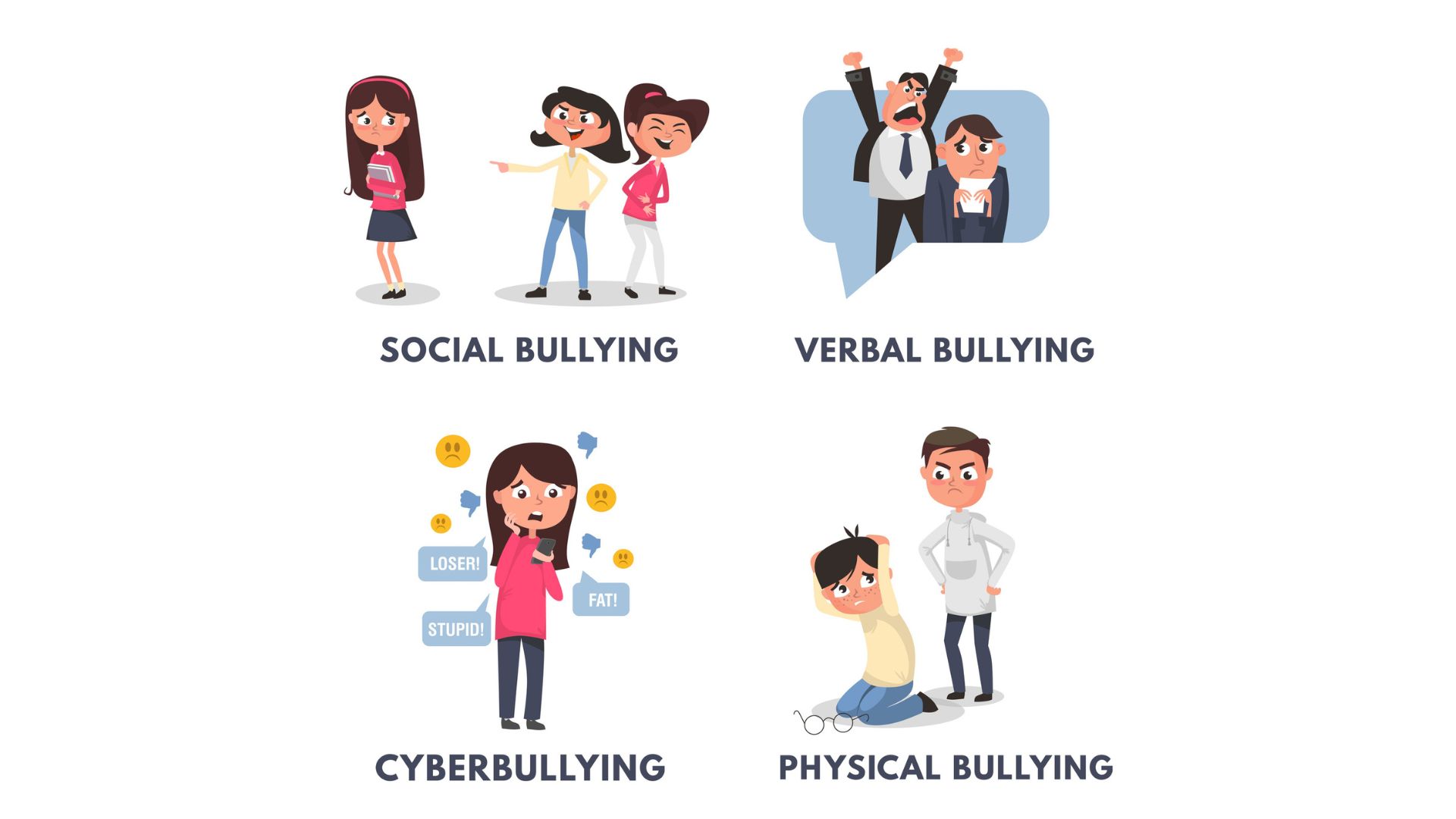In a recent interview with ST-BT, Desmond Tan (Minister of State) highlighted the growing concern among workers about the impact of AI on their jobs, with 13% fearing job loss and 52% expecting their roles to change. This underscores the urgency for reskilling as automation reshapes job functions and increases productivity. Future-proofing, once considered optional, is now a necessity in today's ever-changing job landscape.
Explore examples of invaluable skills carefully selected for their relevance and impact across various job sectors.

Proficiency in Microsoft Office, particularly in Excel and PowerPoint, is essential for career advancement across various fields. Here's how these skills can benefit you:
Excel helps manage data efficiently, aiding tasks like sorting, filtering, and analysis. It supports complex calculations and reporting, aiding informed decision-making.
PowerPoint is vital for creating engaging presentations and reports. It offers customisable layouts, visual effects, and multimedia integration, enhancing communication and audience engagement.

In today's digital landscape, social media marketing is indispensable for driving engagement and boosting sales through strategic campaigns. Here's how these skills benefit different roles:
Learning how to use Canva would help you to get started with designing your very first social media post or video . Canva is an online design and visual communication platform with a mission to empower everyone in the world to design anything and publish anywhere. With available templates on Canva, you can re-adapt the design to suit your needs.
Adobe Express is a user-friendly design tool powered by AI, making it easy to create stunning AI slide presentations, social media posts, and marketing materials. With its intuitive interface and customizable templates, you can quickly design professional content without advanced design skills.
Google and Meta (Parent of Facebook, Instagram and Whatsapp) offer free courses where you can get certified in areas that you’re interested in - Learn how to run ads for your business, optimisation skill and data analytics.

According to study by the Institute for Adult Learning (IAL), these are the 3 most important core skills that are sought after by various industries and/or departments:
Individuals with self-management skills have a high level of self-awareness and practise self-care. They take ownership of their work, personal brand and well-being.
2. Influence
The power of influence is not the magic wand of dictatorship. Influence as a competency refers to the ability to have a positive impact over others, to persuade or convince them to gain their support. Individuals with influence tend to have high emotional intelligence.
Creative thinking is the ability to come up with unique, original solutions. In the workplace, creative thinking is highly valuable because employers look to hire innovative employees who can help them solve the company’s problems.
Embrace the future with confidence by gradually upskilling. Mastering these essential skills will position you ahead of the competition, regardless of your industry or career path.
Explore available courses on FastLearn and take charge of your future today! We're with you, every part of the way!
We're with you every step of the way as you navigate your career journey. Start exploring job opportunities with FastJobs today!

In Singapore, remote work has grown into a lasting norm. Hybrid setups strike the best balance—offering flexibility and balance while reducing the risks of burnout, isolation, and generational gaps in workplace needs.
Read more
Toxic vibes at work? From gossip to sabotage, bullying hurts more than you think
Read more
A tough job market doesn’t mean fewer opportunities—it means thinking differently. Non-PMET roles can be stepping stones, building skills and networks that set you apart.
Read more